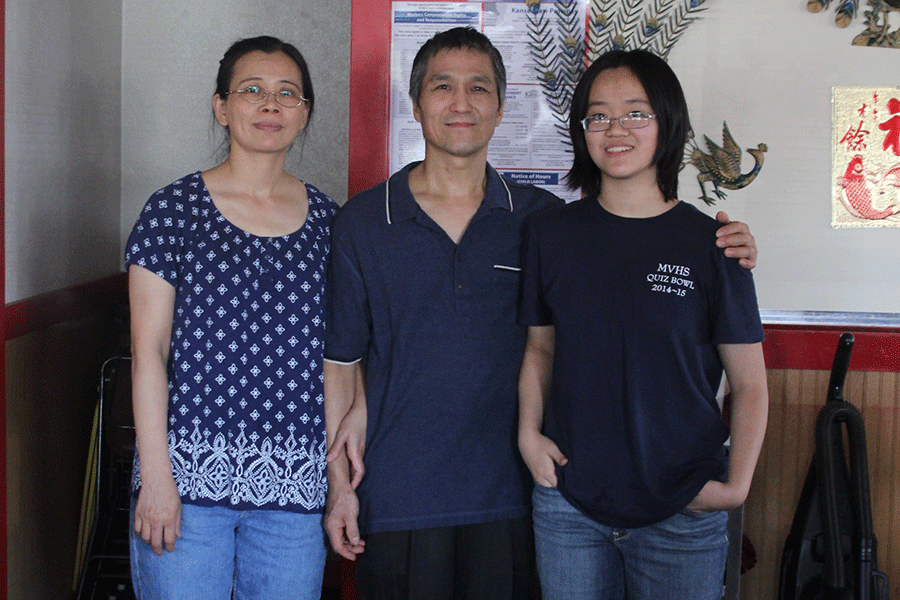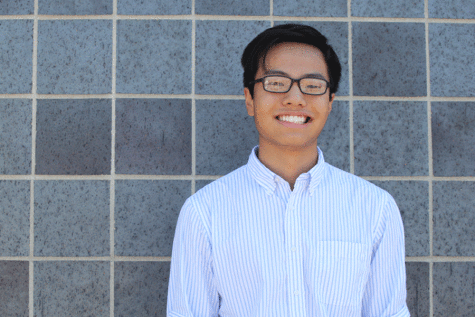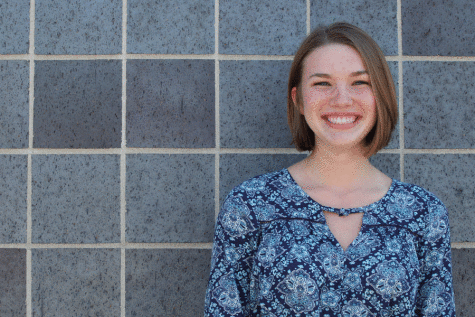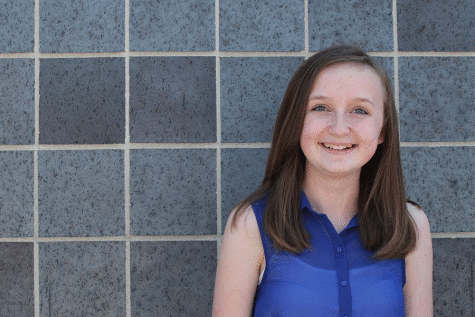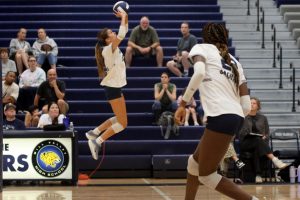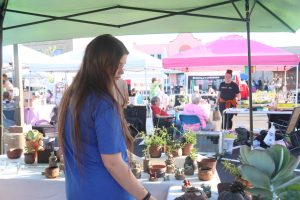Bilingual senior acts as a translator for her parents
Senior T-Ying Lin takes on the responsibility of speaking English on behalf of her parents
By Claire Biles
Senior T-ying LIn acts as a translator for her family.
September 21, 2015
In the kitchen with her parents by her side, senior T-Ying Lin sits, listening to the hold music that’s been playing through her phone for the last 30 minutes. In front of her, insurance cards, bills, and records lay sprawled across the table. When the hold music stops and the representative from her family’s insurance company asks for her name, she answers with that of her father.
As one of the only members in her family to speak fluent English, responsibilities like making appointments and dealing with insurance fall to Lin. For her, this means posing as her parents when handling official matters over the phone.
“[The first time] it was a bit nerve-wracking because I really don’t like speaking with relatively official individuals,” Lin said. “Responsibility wise, it’s a lot to take. I have to be sure to ask everything my parents want me to, and if I don’t, usually my parents take over then. [If I have to ask questions,] it raises suspicion.”
Her parents, who immigrated to America from Taiwan in the ‘90s, predominantly speak Mandarin, along with a bit of Taiwanese. When Lin was born a few years later in the U.S., her parents taught her English before Mandarin using language tapes and children’s TV shows and enrolled her in a year of English as a second language classes.
“The dual languages are a lot of fun,” Lin said. “I do enjoy having a bit of my parents’ culture with me.”
With these differing cultures, however, Lin does note the disconnect she sometimes sees at home between Taiwanese and American values. In America, Lin said there is a “much bigger push for independence,” whereas in Taiwan, supporting elders is more greatly valued.
“There’s definitely a culture clash between my parents and I and what we’ve learned within America,” Lin said. “When you’re fully immersed in either culture — like when I’m in Taiwan and when I’m at school — there’s two very different sides to how I act and what’s expected of me.”
Living in a culturally diverse family, Lin sees communication in a different light from those who only speak one language and recognizes the difficulties her parents have with the difference in tradition and language barrier.
“It’s already hard enough having to communicate in a singular language, let alone having to jump between the two because you can’t find the right words,” Lin said. “There’s an increase in open-mindedness [with speaking] two languages. You’ve got words to explain things that you don’t have in other languages.”


